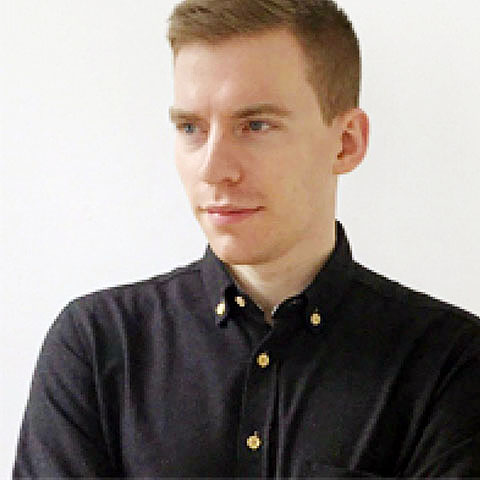KLI Colloquia are invited research talks of about an hour followed by 30 min discussion. The talks are held in English, open to the public, and offered in hybrid format.
Fall-Winter 2025-2026 KLI Colloquium Series
Join Zoom Meeting
https://us02web.zoom.us/j/5881861923?omn=85945744831
Meeting ID: 588 186 1923
25 Sept 2025 (Thurs) 3-4:30 PM CET
A Dynamic Canvas Model of Butterfly and Moth Color Patterns
Richard Gawne (Nevada State Museum)
14 Oct 2025 (Tues) 3-4:30 PM CET
Vienna, the Laboratory of Modernity
Richard Cockett (The Economist)
23 Oct 2025 (Thurs) 3-4:30 PM CET
How Darwinian is Darwinian Enough? The Case of Evolution and the Origins of Life
Ludo Schoenmakers (KLI)
6 Nov (Thurs) 3-4:30 PM CET
Common Knowledge Considered as Cause and Effect of Behavioral Modernity
Ronald Planer (University of Wollongong)
20 Nov (Thurs) 3-4:30 PM CET
Rates of Evolution, Time Scaling, and the Decoupling of Micro- and Macroevolution
Thomas Hansen (University of Oslo)
RESCHEDULED: 18 Dec (Thurs) 3-4:30 PM CET
Chance, Necessity, and the Evolution of Evolvability
Cristina Villegas (KLI)
8 Jan 2026 (Thurs) 3-4:30 PM CET
Embodied Rationality: Normative and Evolutionary Foundations
Enrico Petracca (KLI)
15 Jan 2026 (Thurs) 3-4:30 PM CET
On Experimental Models of Developmental Plasticity and Evolutionary Novelty
Patricia Beldade (Lisbon University)
29 Jan 2026 (Thurs) 3-4:30 PM CET
Jan Baedke (Ruhr University Bochum)
Event Details

Topic description:
This talk examines the problem of biological individuality through the lens of natural kinds. Biology utilizes a variety of kinds of individuals, including historical, functional, structural, developmental, physiological, and ecological kinds. In many cases these kinds issue in non-overlapping demarcations of biological systems and/or assign them to different hierarchical levels. For example, from physiological and developmental perspectives a worker bee is an individual organism, whereas from an evolutionary perspective it may be a part of a superorganism analogous to an organ. I propose one way of evaluating such rival perspectives, which is to assess the capacity of their associated kinds to support true inductive inferences. On this basis, I argue that the functional kind ‘object of selection,’ which is central to evolutionary accounts of individuality, is inferentially weak compared to other kinds, in addition to being operationally parasitic on non-functional biological kinds. These weaknesses can be traced to more general limitations of functionally defined kinds in the sciences.
Biographical note:
James received his PhD in Philosophy from University of Leuven, Belgium, with a dissertation entitled "Process and Levels of Organization: A Dynamic Ontology for the Life Sciences." His research focuses on problems related to biological organization, functions, individuality, and levels, as well as on a variety of themes in naturalistic metaphysics including physicalism and the relations between scientific domains.


